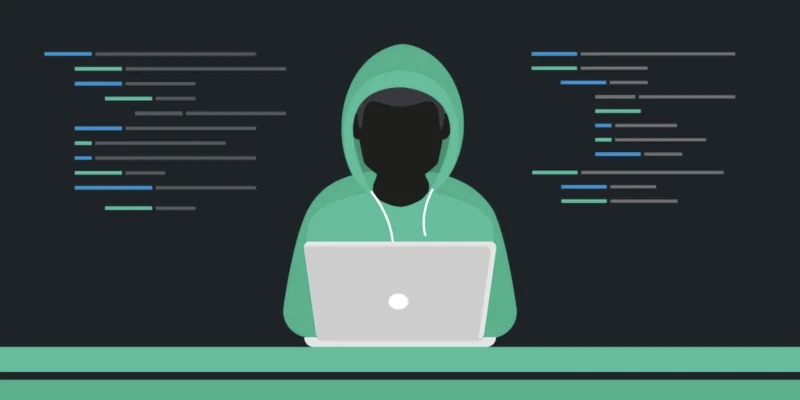
Unveiling the Art of Ethical Hacking: Unleashing the Power of Cybersecurity
Introduction: In today’s interconnected world, the importance of cybersecurity cannot be understated. As technology advances, so do the risks and threats associated with it. Ethical hacking, also known as white-hat hacking, plays a vital role in ensuring the security and integrity of computer systems and networks. In this blog post, we will delve into the fascinating world of ethical hacking, exploring its significance, techniques, and the positive impact it can have on our digital landscape
Understa.nding Professional Hacking: Start by explaining the concept of ethical hacking. Discuss how ethical hackers are cybersecurity professionals who legally and responsibly identify vulnerabilities in systems, networks, and applications. Emphasize the distinction between ethical hacking and malicious hacking, showcasing the critical role ethical hackers play in preventing cybercrime.
The Importance of Professional Hacking: Highlight the significance of ethical hacking in safeguarding organizations and individuals against cyber threats. Discuss real-life examples where ethical hacking has helped identify and rectify vulnerabilities, preventing major security breaches. Elaborate on the proactive approach of ethical hacking, which focuses on prevention rather than mitigation.
Common Professional Hacking Techniques: Introduce readers to various ethical hacking techniques used by professionals. Explore topics such as penetration testing, social engineering, network scanning, vulnerability assessment, and exploiting common vulnerabilities. Provide simplified explanations of each technique, making it accessible for readers with varying levels of technical knowledge.
Professional Hacking Tools of the Trade: Discuss the essential tools used by ethical hackers, both open-source and commercial. Include popular tools like Wireshark, Metasploit, Nmap, Burp Suite, and others. Provide brief descriptions of their functionalities and use cases. Mention any legal and ethical considerations surrounding the use of such tools.
Career Path and Skills Required: Give insights into the career path of an ethical hacker. Discuss the skills and qualifications necessary to pursue a career in ethical hacking, including certifications like Certified Ethical Hacker (CEH), Offensive Security Certified Professional (OSCP), and others. Explain the growing demand for ethical hackers in various industries and the potential for lucrative job opportunities.
Professional Hacking Best Practices: Provide a list of best practices for aspiring ethical hackers and organizations seeking to enhance their cybersecurity. Discuss the importance of ethical hacking within a comprehensive security framework, such as secure coding practices, regular vulnerability assessments, and incident response planning. Encourage readers to adopt ethical hacking as an ongoing process rather than a one-time activity.
Ethics and Legal Considerations: Address the ethical and legal aspects of professional hacking. Emphasize the importance of obtaining proper authorization before conducting any hacking activities, adhering to ethical guidelines, and respecting privacy rights. Discuss the legal implications of unauthorized hacking and the consequences it can have on individuals’ lives.
The Future of Professional Hacking: Offer insights into the evolving landscape of professional hacking. Discuss emerging technologies like IoT, cloud computing, and artificial intelligence, and how they present new challenges and opportunities for ethical hackers. Highlight the need for continuous learning and adaptation to stay ahead in the cybersecurity domain.
Conclusion: Summarize the key points discussed in the blog post, reinforcing the positive impact of professional hacking on cybersecurity. Encourage readers to explore ethical hacking as a means to enhance their digital defense and contribute to the greater cybersecurity community. Conclude with a call to action, inviting readers to share their thoughts, experiences, and questions on ethical hacking in the comments section.